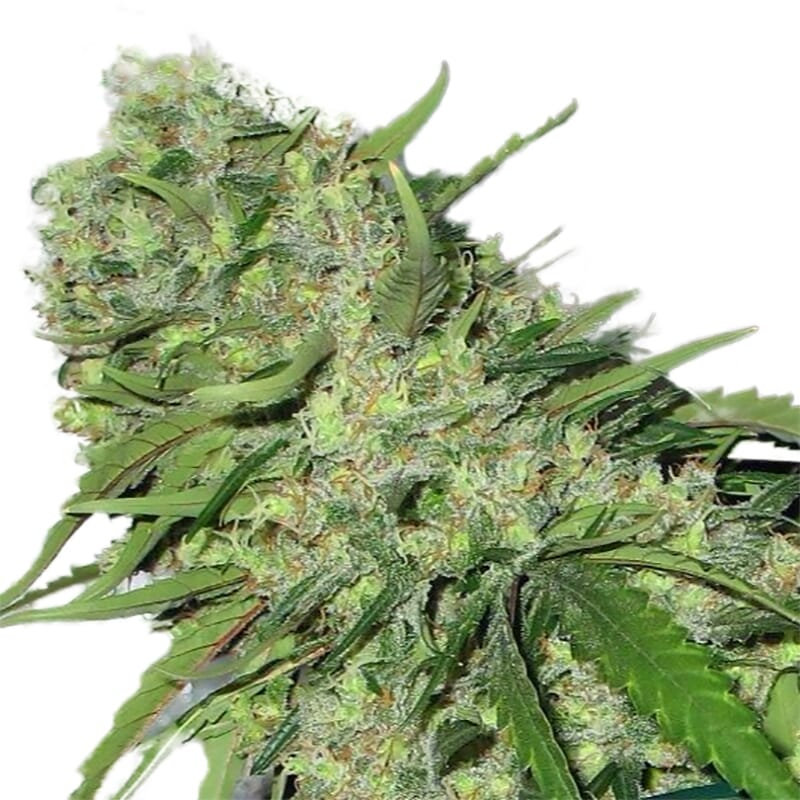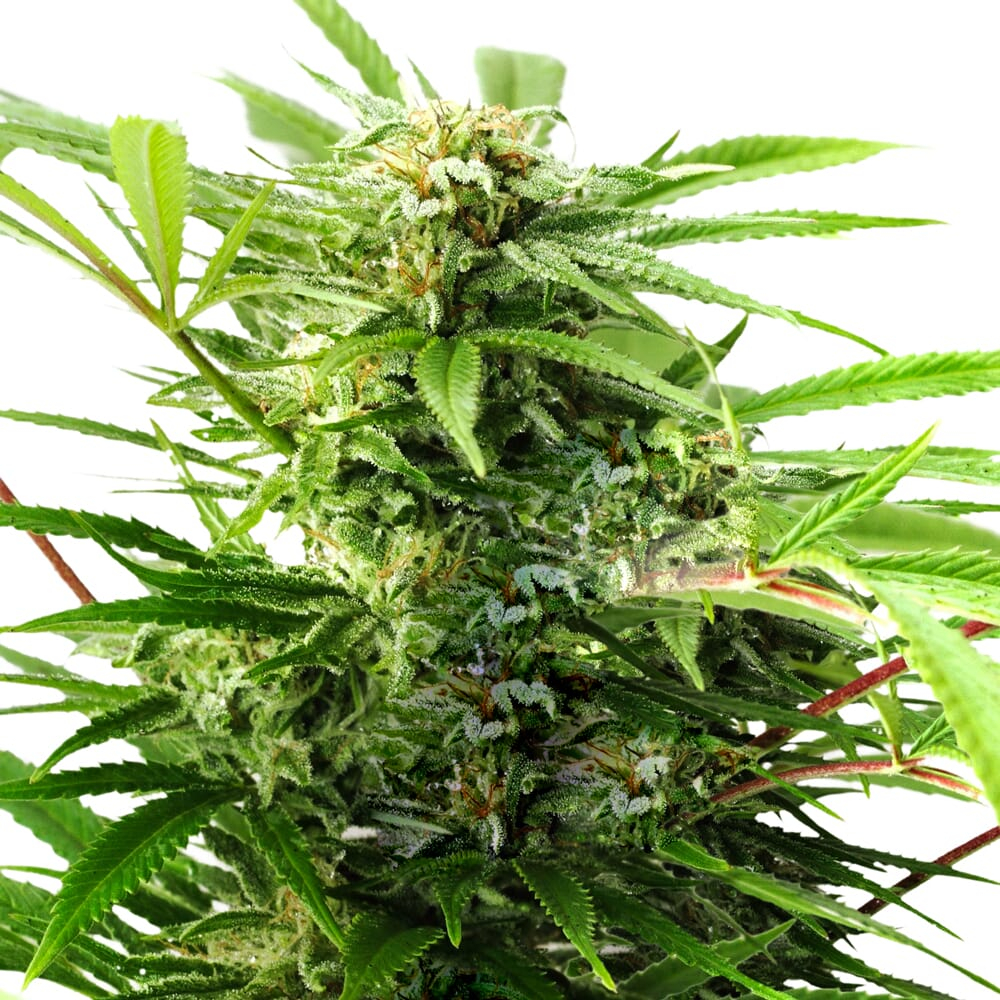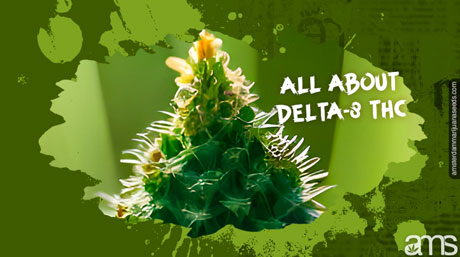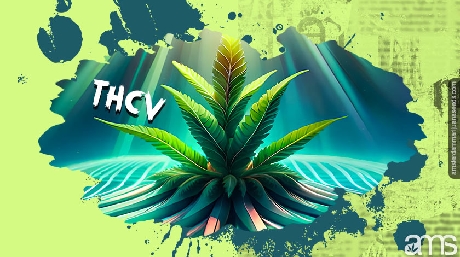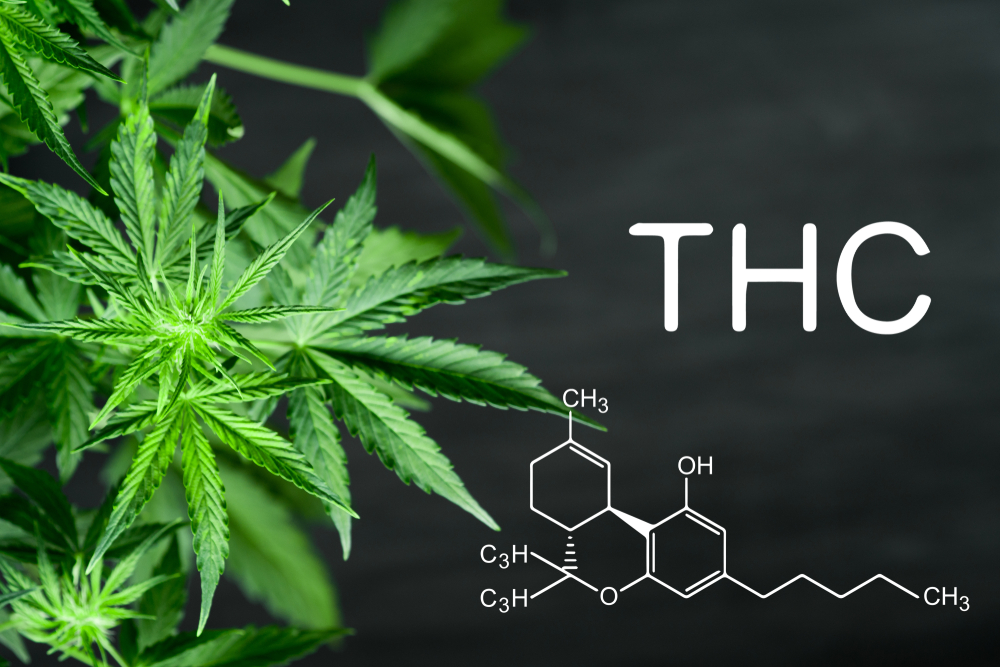Understanding the Differences Between CBD and THC
Cannabis has captivated humanity for centuries, serving as both a medicinal remedy and a source of controversy. In recent years, the conversation surrounding cannabis has shifted from stigma to understanding, largely due to the growing awareness of cannabinoids—particularly cannabidiol (CBD) and tetrahydrocannabinol (THC). These two compounds are the most prominent of over 100 cannabinoids found in the cannabis plant, and they are responsible for many of the plant’s effects. But what exactly are CBD and THC, how do they work, and how do they differ? This article delves into these questions to provide a clear understanding of these two powerful cannabinoids.
What Are CBD and THC?
CBD and THC are chemical compounds known as cannabinoids, which are derived from the cannabis plant—either from hemp or psychoactive cannabis (commonly referred to as marijuana or weed). While there are over 100 different cannabinoids in cannabis, CBD and THC are the most prevalent and are primarily responsible for the effects associated with cannabis use.
How Do CBD and THC Work?
Both CBD and THC interact with the endocannabinoid system (ECS), a complex network of receptors spread throughout the body. The ECS plays a crucial role in regulating a wide range of physiological processes, including pain sensation, mood, digestion, and sleep. By interacting with ECS receptors, CBD and THC influence these bodily functions in different ways.
The Versatility of Cannabis
Cannabis is renowned for its versatility in addressing various health issues, such as insomnia, post-traumatic stress disorder (PTSD), and chronic pain. This broad therapeutic potential is largely due to the widespread presence of endocannabinoid receptors in the body, which cannabinoids like CBD and THC can modulate.
CBD vs. THC: Pain Relief and Psychoactivity
One of the most significant differences between CBD and THC is their effect on the mind. THC is psychoactive, meaning it can cause a “high“, characterized by euphoria, altered perception, and, in some cases, anxiety. This psychoactive effect is why THC is the compound most associated with recreational cannabis use.
In contrast, CBD is non-psychoactive. It does not produce a high, making it an attractive option for those seeking the therapeutic benefits of cannabis without the mind-altering effects. Interestingly, CBD can also mitigate some of THC’s psychoactive effects, such as anxiety, making high-CBD strains of cannabis popular for pain relief and other therapeutic uses where mental clarity is desired.
Side Effects: THC vs CBD
THC is associated with several side effects, though they are generally mild and temporary. Common side effects include dry mouth, red eyes, and increased appetite (often referred to as “the munchies”). On the other hand, CBD is well-tolerated by most users, with the most commonly reported side effect being sleepiness, especially when taken in high doses. This lack of significant side effects has contributed to CBD’s rise in popularity as a wellness supplement.
Conclusion
In the debate between CBD and THC, there is no clear winner—each cannabinoid has its unique benefits and applications. THC’s psychoactive properties make it suitable for those seeking both recreational enjoyment and specific therapeutic effects, while CBD’s non-intoxicating nature allows for broader use in wellness and medical applications without altering the user’s mental state. As research continues to uncover the potential of these cannabinoids, understanding their differences will help users make informed choices that best suit their needs.
Whether you’re looking to alleviate pain, manage anxiety, or simply explore the benefits of cannabis, both CBD and THC offer valuable tools. However, it’s essential to consider the legal status of these compounds in your region and consult with a healthcare professional, especially if you have pre-existing conditions or are taking other medications.
FAQs
1. What is the main difference between CBD and THC?
The primary difference is that THC is psychoactive and can cause a high, while CBD is non-psychoactive and does not produce any mind-altering effects.
2. Can CBD counteract the effects of THC?
Yes, CBD can reduce some of the psychoactive effects of THC, such as anxiety and euphoria, making high-CBD strains popular for those seeking pain relief without a strong high.
3. Are there any side effects associated with CBD and THC?
THC may cause mild side effects like dry mouth, red eyes, and increased appetite. CBD is generally well-tolerated, with sleepiness being the most common side effect, particularly at high doses.
Disclaimer: The content provided in AMS blog articles, including those related to medical seeds, is strictly for informational and entertainment purposes only. It is not intended to be taken as medical advice. For any medical concerns or questions, we strongly recommend consulting with a qualified healthcare professional. Your health and well-being are important, and a healthcare provider can offer personalized advice and guidance based on your specific needs.



